I was reading a new book, a #1 New York Times Bestseller, Atomic Habits by James Clear, tonight. After reading a couple of pages, I found my thoughts wandering and"”surprise, surprise"”comparing what I read to teaching and playing the violin.
When the author talked about a paramedic being able to predict a heart attack or a military strategist being able to identify an enemy ship despite every sign pointing to the ship being one of their own (at least to a less-expert observer), or a hairdresser being able to guess at pregnancy based solely on the feel of a female client's hair, my thoughts turned to my studio. I realized that my training from teaching for over 20 years typically enables me to predict a beginning transfer student's current level of ability, even after simply asking them to play eight notes of a D Major scale, knowing very little of their previous background, or if they'd played for three months or two years.
In fact, I was willing to bet on it recently, by assigning such a student two pieces for an upcoming studio recital and typing it up in the program, even before informing the student, and before we had a second lesson. Luckily, I don't make a habit of doing that, but this was a biweekly student, and I was under a time crunch to get the recital music to the accompanist. I think he'll be able to do a good job on the songs I assigned without feeling like his ability is insulted. We'll see if I'm right. If not, thank goodness we have the benefit of word processors rather than typewriters, and I can edit the program later if I have to, LOL!
But this ability of quickly assessing violin skill has come through study and experience. I can predict from a student's current posture habits"”which influence technique"”how easy it will be for them to achieve certain outcomes on the violin, and how quickly; whereas a non-musician parent might not even know if something is out of tune or why.
Clear's point in his book was that becoming an expert means getting to the point where critical decisions are made subconsciously, almost imperceptibly. Similarly, according to Clear, creating habits is helpful, and the less we have to think about making the same decisions over and over again, the more brain cells we have at our disposal.
From Atomic Habits: "We underestimate how much our brains and bodies can do without thinking. You do not tell your hair to grow, your heart to pump, your lungs to breathe, or your stomach to digest. And yet your body handles all this and more on autopilot. You are much more than your conscious self." (p. 61)
Clearly, an application of this "autopilot" principle can be made in learning the violin. In fact, the only point I remember disagreeing with my first violin teacher on (internally, of course), was when she reprimanded me once for playing on autopilot.
I can't blame her for being frustrated. Of course, my teacher's point was likely that I was missing a critical detail due to lack of focus, or that it sounded expressionless because my mind wasn't thinking about the notes I was playing. Since I had practiced the notes so many times, I didn't have to.
But I actually tend to think of accurate autopilot as a good thing. Starting with "playing on autopilot" is more of a foundation you can build on. And it means you've put in your practice time.
When I notice a student automatically playing a song well, even if their mind is clearly elsewhere, I point out their good habit and celebrate it with them! I might say, "See? You didn't even have to think about what your fingers were doing. They knew exactly what they were supposed to do. That's great!" Then I'll add, "Now that you don't have to worry about them, can you add more expression to this passage?" Or I might say, "Good for you. You know this song so well, playing the notes is an automatic habit for you. But instead of looking around the room while you play, if you look at your left hand, you'll help guide the audience to know where to look, too. Let's try that. Can you start it again?"
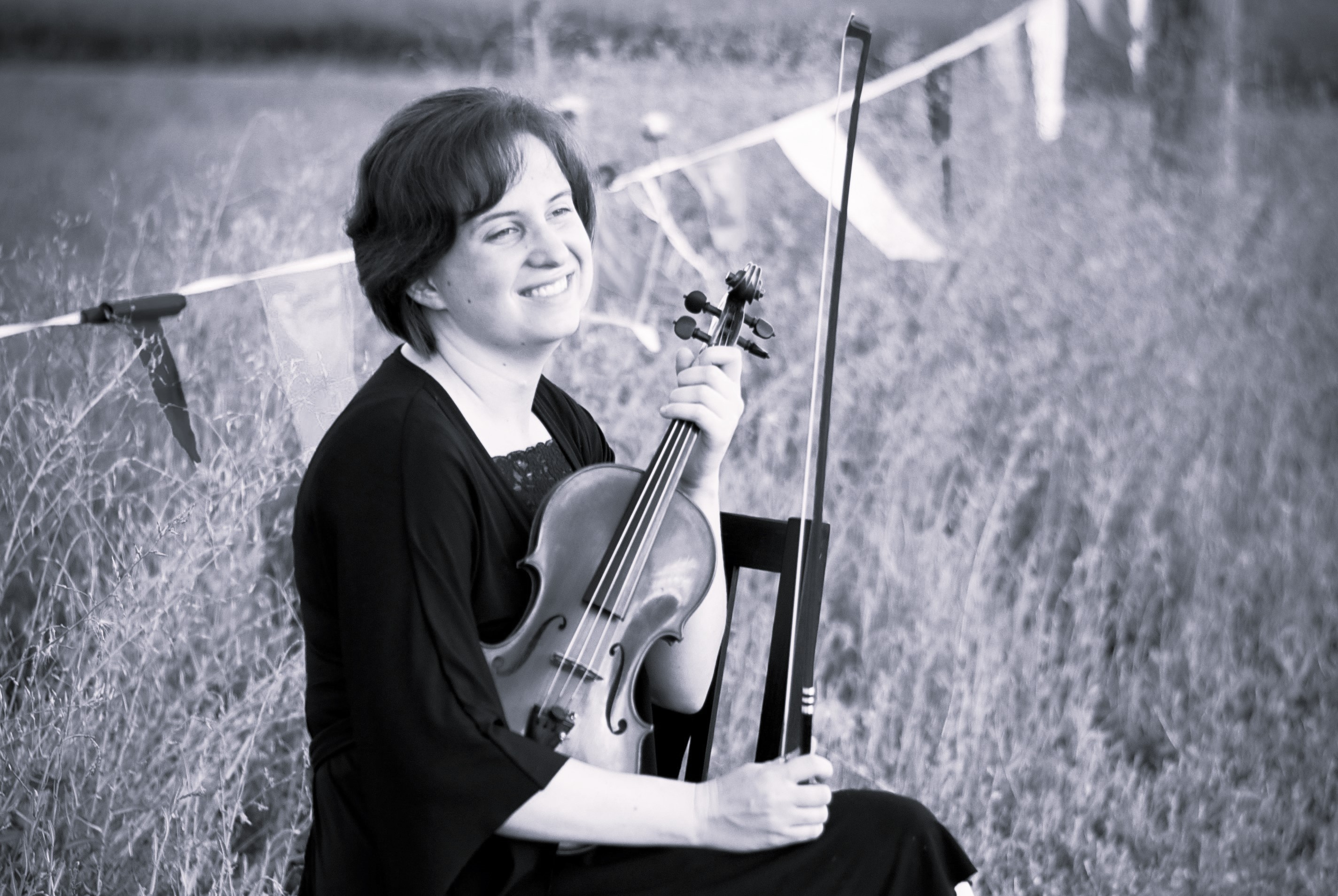
Cami Shaskin
Violin Blog
About
Updates
Quick Access
Archive
2021
Jan
2022 16 - Welcome to My Blog
23 - Violin Teaching Kits
Feb 06 - Valuable Techniques
07 - From the Top
20 - Violin Jokes
Mar 06 - Singing in Orchestra
13 - Nurtured by Love
21 - Helpful Websites
27 - Unique Case Uses
Apr 10 - All About Tone
24 - Teaching Values
May 02 - Believing Teachers?
29 - Our Quartet
Jun 26 - Violin Bridge Tips
Jul 07 - Clever Violin Memes
20 - Horses and Lions
Aug 04 - Music During Covid
16 - Favorite Music
Sep 12 - Being There
Oct 16 - Sight Reading Tips
Nov 05 - Why It's the Frog
Dec 20 - Bach on the Brain
30 - Impact for Life
Jan
Jul
Aug
Oct
Nov
2023 23 - Tendonitis Helps
Feb 21 - An Old Performance
Mar 23 - Cars3 & Coaching
Apr 29 - Preferred Brands
May 27 - Love: A Calling
JunJul
Aug
08 - Music Opens Doors
SepOct
Nov
27 - Useful Analogies
Dec 28 - A Humorous Anecdote
Jan
Feb
May
Jun
Aug
Oct
Nov
2024Feb
15 - Our Commonality
Mar 10 - Extras
18 - Autopilot
AprMay
Jun
06 - Motivation
JulAug
26 - The Ink
SepOct
Nov
26 - Music Copyright
Dec Jan
Mar
Sep
2025 15 - Fame and Fortune
FebMar
14 - Intermission
Apr 18 - A Day in the Life
May 02 - Oops!
Jun 14 - A Science or an Art?
Jul 15 - A Difficult Post
AugSep
20 - Anxiety Interview
Oct 02 - Sounds of Italy
Nov No posts to display.
Dec No posts to display.
Jan
Feb
Aug
2026Feb
No posts to display.
Mar No posts to display.
Apr 17 - Bittersweet Moments
May No posts to display.
Jun No posts to display.
JulAug
No posts to display.
Sep No posts to display.
Oct 31 - My Video Series
Nov No posts to display.
Dec No posts to display.
Jan
07 - Food in Twinkle?
Feb No posts to display.
Mar No posts to display.
Apr No posts to display.
May No posts to display.
Jun No posts to display.
Jul No posts to display.
Aug No posts to display.
Sep No posts to display.
Oct No posts to display.
Nov No posts to display.
Dec No posts to display.
Posts
Autopilot
| Love it | Interesting | Inspiring | Want to share |
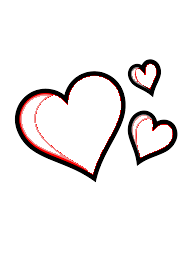 |
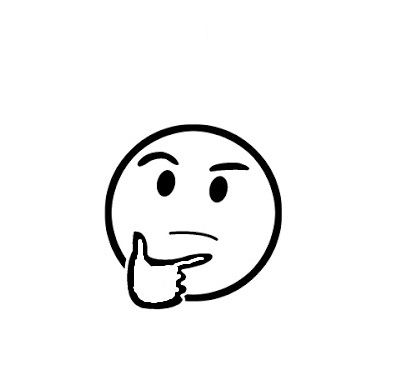 |
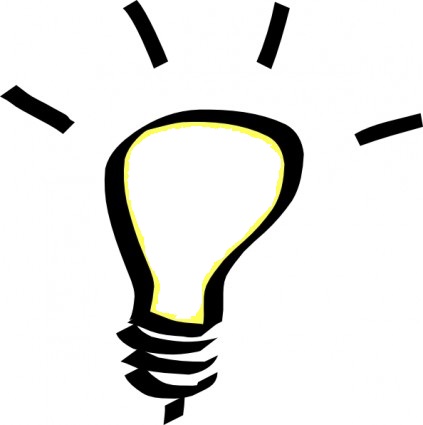 |
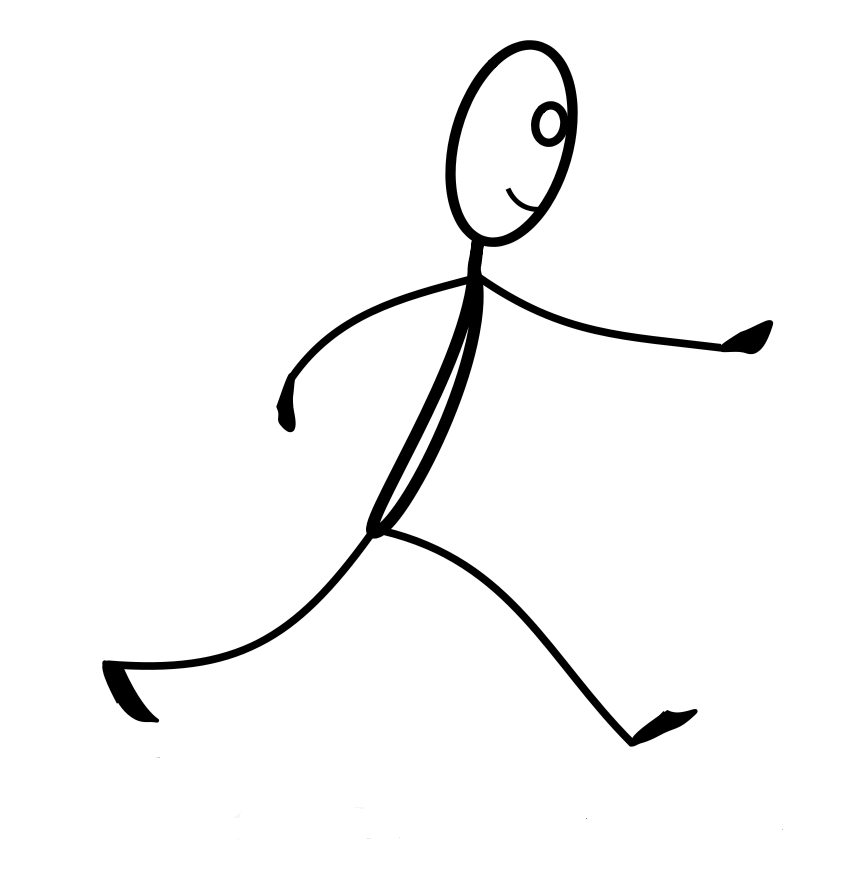 |
| 0 | 0 | 0 | 0 |
Like this post? Link back to it later by copying the URL below.
© 2021-2026 All Rights Reserved
This content has been proven to be completely dairy-free, gluten-free, sugar-free, and made from code not treated with rBST. No animals were harmed in the making of this blog. The views presented do not necessarily represent the views of Ms. Shaskin's neighbors, kin, the U.S. government, or a mysterious worldwide network of musicians. Any reproduction, retransmission or reposting of content without crediting the author (basically me) is prohibited. Free Wi-Fi not included. If this is a life-threatening emergency, close your browser and dial 911.



